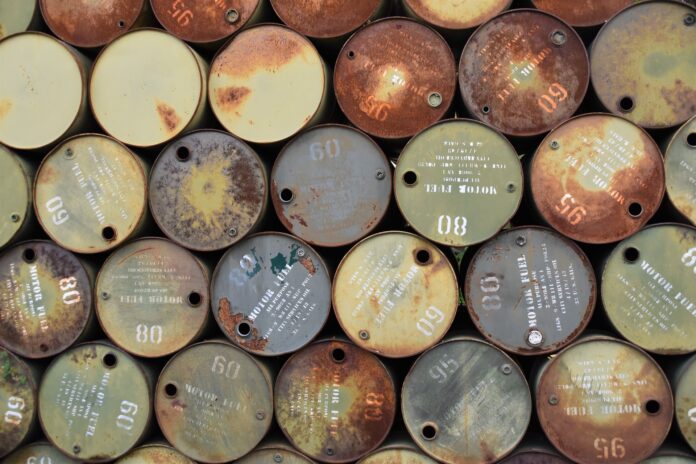
Steel and plastic drums are typically used to handle different types of oils for transportation. But, at some point, when these drums are no longer needed, what will happen to them?
Discarding used oil drums is not as simple as disposing of unused food containers. You should consider what has been stored inside the drum, as it will allow you to determine whether or not it is safe to dispose of them through standard channels, reused, or recycled.
To guide you on the disposal of empty oil drums in a way that won’t compromise human health and safety, here are some things you should know.
When do used oil drums become hazardous waste?
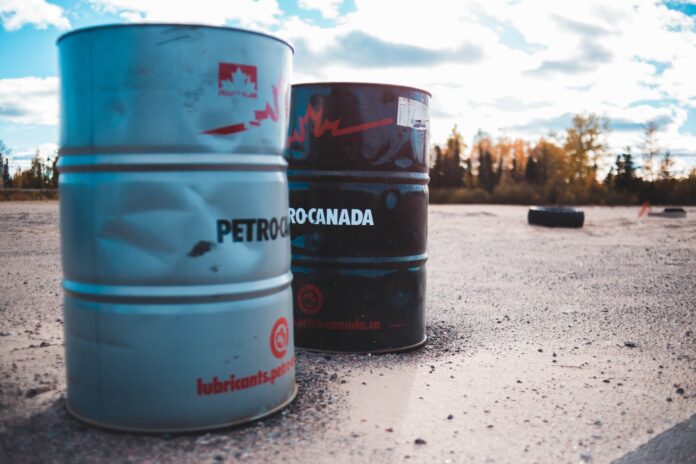
When disposal of oil drums is done the wrong way, it could harm humans, plants, and animals alike. This is the main reason why determining whether or not an oil drum is hazardous waste is crucial to maintaining safety.
Industrial storage containers like steel drums and plastic drums fall under hazardous waste if they store dangerous substances. These substances can pollute both steel and plastic, leaving residues behind.
So, imagine when a hazardous oil drum stays in your backyard for too long. It could contaminate anyone or anything that makes contact with it. When it does, there is a high chance of poisoning due to contamination.
Many types of oil are considered hazardous. So, if the used oil drum you’re planning to discard contained one of these oils, you should label it hazardous waste.
Below are some of the examples of oils that fall under the hazardous category:
- Fuel oil
- Car oils
- Industrial lubricants
- Chemicals and solvents
Meanwhile, all types of cooking oil are considered non-hazardous because they are safe to ingest by humans.
For homeowners – the safest way to dispose of empty oil drums
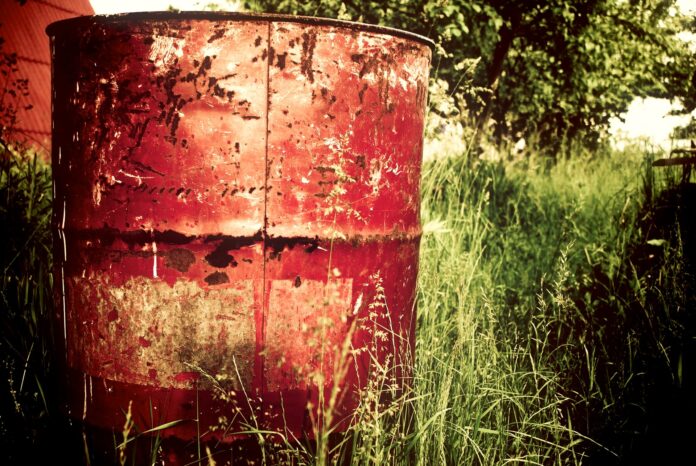
You can dispose of used oil drums that serve as a container for non-hazardous waste the way you would as any other waste. You can even turn them into cash! Check with experts like those from langleyrecyclingkc.com if you’re interested.
Aside from that, you can also take the used drum to your local landfill site or repurpose them. Below are some of the practical ways to repurpose used oil drums:
- Outdoor sink. Turning a used oil drum into an outdoor sink is a practical tip to do away with non-hazardous wastes. If you’re an outdoor person or someone who loves spending time in the garden, having this recycled item will add functionality to your outdoor space. You can connect a hosepipe to it to access water whenever you need to.
- Indoor or outdoor furniture. One of the easiest ways to repurpose a used oil drum is to transform it into outdoor or indoor furniture. People who love recycling oil barrels can also turn it into a home business. Try searching online for easy designs that you can replicate at home.
- Storage cabinets. Another practical way to repurpose an old oil drum is to turn it into a basic storage cabinet. It is a trend that never goes out of style. If you love industrial or retro style, look for an oil drum you no longer use at home, and you can easily transform it into a storage cabinet.
Meanwhile, it would be best to discard oil drums that store hazardous substances like fuel oils and car oils in a health and safety-compliant way. First, organize the empty oil drums before experts of hazardous waste disposal collect them. Then, check if their business is capable and registered for on-site disposal of hazardous waste. Usually, your local landfill provides this type of service, so make sure to ask them about it first.
Cost-effective way to dispose of used drums
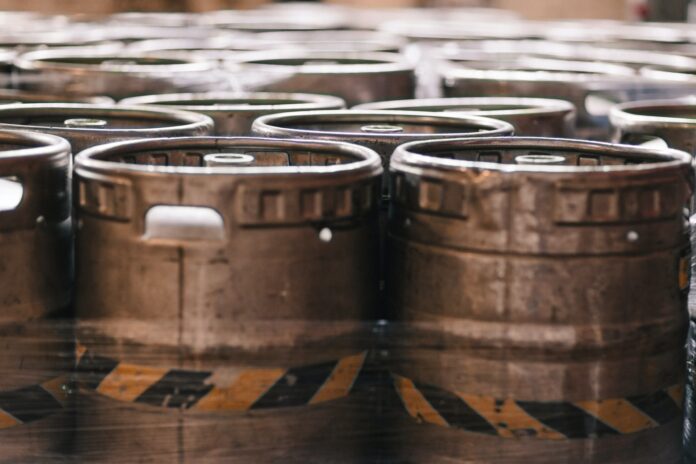
If you are trying to cut costs from waste disposal, working with a recycling company is your best option. But, this is only possible for non-hazardous wastes. Disposing of used oil drums legally is usually more costly and time-consuming than working with a recycling company. Some recycling companies also offer pick-up services for businesses that don’t have a way to transport large quantities of used oil drums.
For business owners – how to abide by government rules and regulations
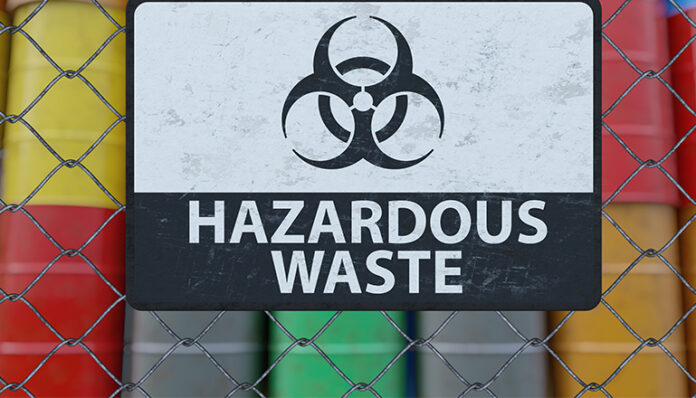
If you are the business owner, you are responsible for ensuring that hazardous waste is properly and safely handled, especially if your company produces the oil drums.
Your business has to stay compliant with the strict rules and regulations of the government regarding waste disposal. Doing so will allow you to ensure health and safety within your company and outside. After all, the rules imposed by the government following the removal of hazardous waste aim to protect your employees’ health, your health, and anyone else who might be exposed to possible contamination.
Company owners that manufacture hazardous waste should implement detailed safety and health risk assessments that indicate the dangers of such waste at the workplace. Furthermore, employers are responsible for providing safety training and equipment to employees who participate in disposing of hazardous waste such as oil drums.
Waste that is considered hazardous should be identified and labeled correctly. Aside from that, the company should keep them correctly if not disposed of immediately or transported away from the site by a registered disposal company.
The consequences of non-compliance
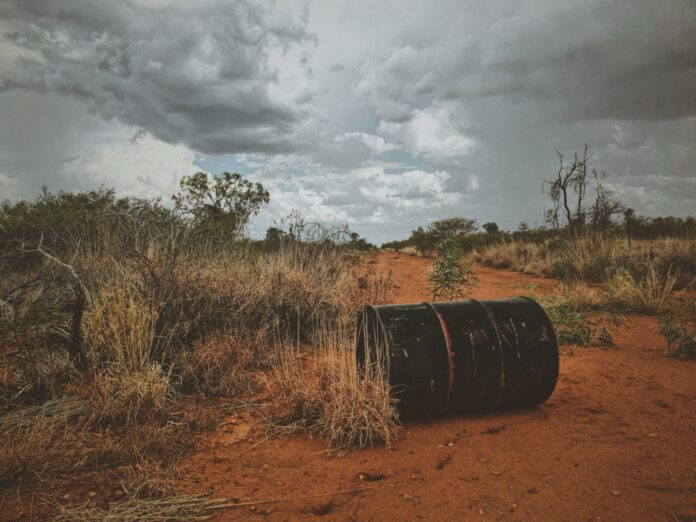
If you fail to comply with the government’s health and safety regulations about the proper disposal of hazardous waste, you will meet its consequences. Business owners will have to pay a considerable amount of fines or, worse, stay in prison if they don’t follow the safety and health legislation.
By simply following the right way to dispose of used oil drums, you can promote environmental health and safety. Aside from following strict rules of discarding hazardous waste, you can also maintain health and safety by repurposing or recycling non-hazardous oil drums. Go over the list of ways to repurpose an empty oil drum to check which one is best for the used oil drums you have at home.











